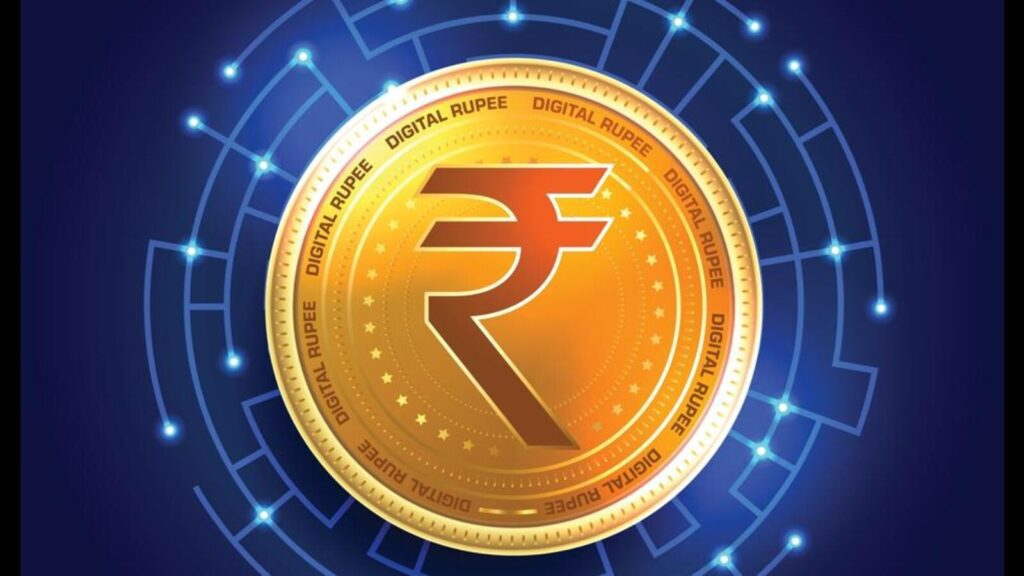Now Reading: RBI’s Tokenised CD Pilot: A Glimpse into the Future of Indian Banking
-
01
RBI’s Tokenised CD Pilot: A Glimpse into the Future of Indian Banking
RBI’s Tokenised CD Pilot: A Glimpse into the Future of Indian Banking

The Reserve Bank of India (RBI) has launched a pilot project introducing tokenised Certificates of Deposit (CDs), marking a potential turning point in how Indian banks manage short-term funds. This move combines traditional banking tools with blockchain-inspired technology, setting the stage for a digital transformation within the country’s financial ecosystem.
Under this pilot, participating banks will issue and trade CDs in a tokenised format instead of the usual paper or demat forms. This change aims to improve efficiency, reduce settlement time, and make transactions more transparent. By using a secure digital ledger, the RBI is exploring how blockchain principles can simplify the financial system without fully adopting cryptocurrencies.
The initiative also signals India’s growing interest in tokenisation—a process that converts financial instruments into digital tokens. For Indian banks, this could mean faster interbank transactions and fewer operational risks. For regulators, it provides better monitoring and security over financial instruments. It’s a blend of innovation and control, aligning with the RBI’s cautious yet forward-thinking approach.
Experts believe that if successful, the pilot could lead to a wider adoption of tokenised assets across other financial products like government securities or corporate bonds. It could also open doors for smoother integration with digital rupee initiatives in the future.
For Tier 2 and Tier 3 cities, the shift could gradually improve digital finance accessibility and promote more inclusive participation in India’s evolving financial system. Tokenisation may not replace traditional banking overnight, but it’s a strong signal that the future of Indian banking will be faster, smarter, and more digital.

























